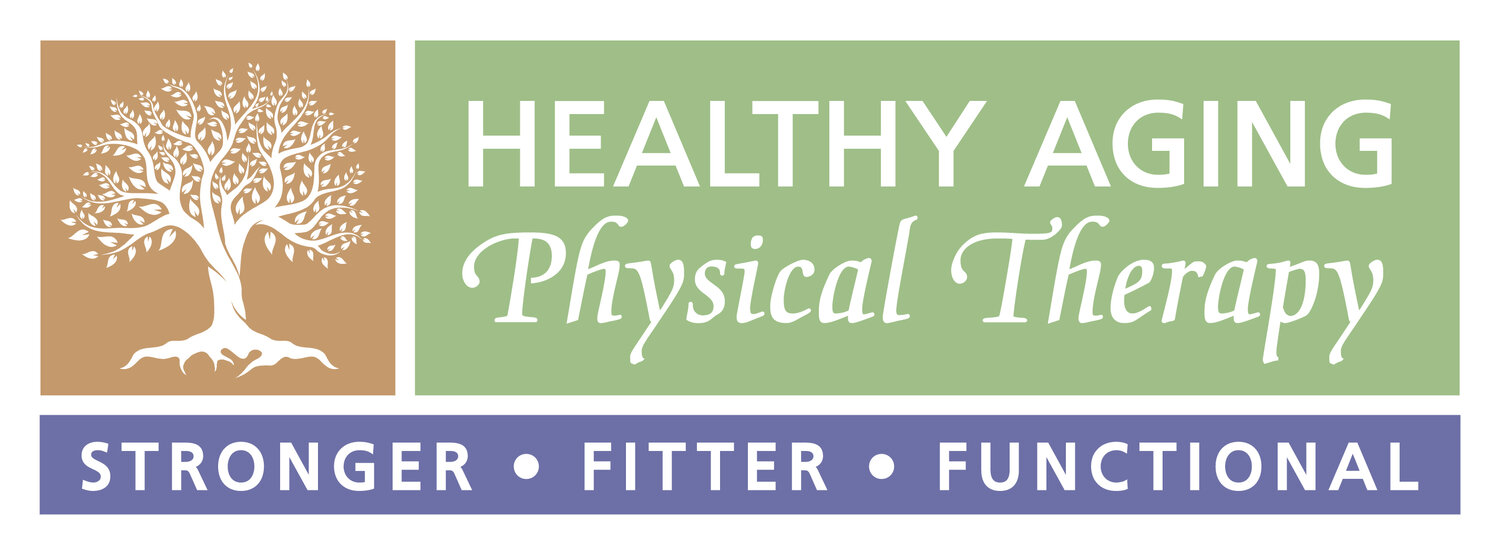Staying Hydrated: A Vital Guide for Older Adults During the Summer Heat
While it may be ‘hot girl summer’ everywhere else you look, here over at Healthy Aging, we’re entering ‘hot patient summer’ season. Last week, as temperatures climbed, I challenged my Parkinson’s class to a drinking contest - except instead of chugging beers, we tried to finish a bottle of water between exercises. While for most people, summer heat brings thoughts of bathing suits, pool parties and barbeques, for me, and most of my home health colleagues, we go to thoughts of dehydration, low blood pressures and passing out. So, as the summer heat approaches, I want to talk to you today about staying hydrated. Hydration over the summer is crucial for everyone, but especially older adults. Dehydration can lead to serious health complications, but with a few simple strategies, it’s easy to stay hydrated and healthy throughout the season.
Why Are Older Adults More Prone to Dehydration?
Several factors make older adults more susceptible to dehydration. Older adults tend to have a reduced thirst sensation combined with lower kidney function. With aging kidneys becoming less efficient at conserving water, while we lose more water, we also have less drive to replace it. Older adults also often take medications that impact hydration like diuretics that lead to increased urination, or anticholinergic drugs that lead to reduced sweat production. Many older adults have mobility limitations, and try to avoid the ‘extra walks’ or nighttime waking to use the bathroom that they fear may come with increased hydration. Lastly, you may also notice that you sweat less when you get older. It’s not all in your head! Older adults sweat less as they age due to reduced sweat gland function and impaired thermoregulation - this means that on top of reduced hydration, they are less able to internally cool themselves down! All these factors combined make dehydration one of the most common causes for hospitalizations in older adults - especially in the summer months.
How do I know if I’m dehydrated?
While younger adults may be able to quickly identify the signs of worsening dehydration and take quick action, the signs in older adults can be a little tricker, often leading to delayed treatment. The most common signs we see when we suspect a patient may be dehydrated are dizziness, especially when coming to stand, and confusion. Orthostatic hypotension, a drop in blood pressure related to changing position when coming from laying down to sitting, or from sitting to standing, can happen at any time, but dehydration can make this worse. Confusion or irritability, or any other changes in mental status can also be a confusing symptom especially in an older adult who may already have some form of dementia, but look for worsening confusion from their norm. Other common signs of dehydration in older adults include reduced urine output, increased muscle cramping, dry skin and a rapid heart beat.
How do I prevent dehydration?
The easiest way to treat dehydration is to PREVENT IT! Try to drink 8 glasses of water a day, choose fluid-rich fruits like watermelon and oranges, veggies like cucumbers and other foods like soup and smoothies that can give you a little extra hydration throughout the day. Keep an eye on drinks that make you LOSE fluid and avoid excessive caffeine, soda and alcohol - or at least pair them with a glass of water to off-set the fluid loss. Stay cool by dressing in light, ‘flowy’ clothes and carry a bottle of water with you wherever you go to sip on throughout the day. Try to drink BEFORE you feel thirsty, even if it’s just a few sips at a time. Prevention can make a world of difference.
How do I treat dehydration?
If you are already feeling the signs of dehydration, don’t panic! Try to move to somewhere cool and rehydrate. Rest for 30-60 minutes and see if you start to feel better. If the symptoms don’t improve, or you experience any fainting, fevers, changes in heart rate or chest pain, nausea, vomiting or diarrhea, it’s time to get some help. Call your PCP for further instruction or go to your local urgent care or emergency department. While mild dehydration may be easy to treat at home, severe or ongoing dehydration can lead to serious medical complications like kidney failure, urinary tract infections and heat stroke. The faster you get the proper care, the better!
Challenge a friend to a drinking contest!
Now that you know the signs, symptoms and treatment of dehydration - let’s have some fun. Challenge the next person (or patient) you see to a drinking contest! Suggest you both take sips of water between conversation, exercises or along a walk and see who can empty their bottles first. Try flavoring water with hydration tabs or fresh fruit or make it fun by using a special glass, straw or turning it into a summer mocktail. Want a fun recipe to try? Here’s my favorite thirst-quenching mocktail: Fill half your glass with coconut water, and top it off with a flavored seltzer or fruit juice. The cool coconut flavors will take you to a warm, sandy beach in your mind - and your body will be hydrated. Win-win:)





